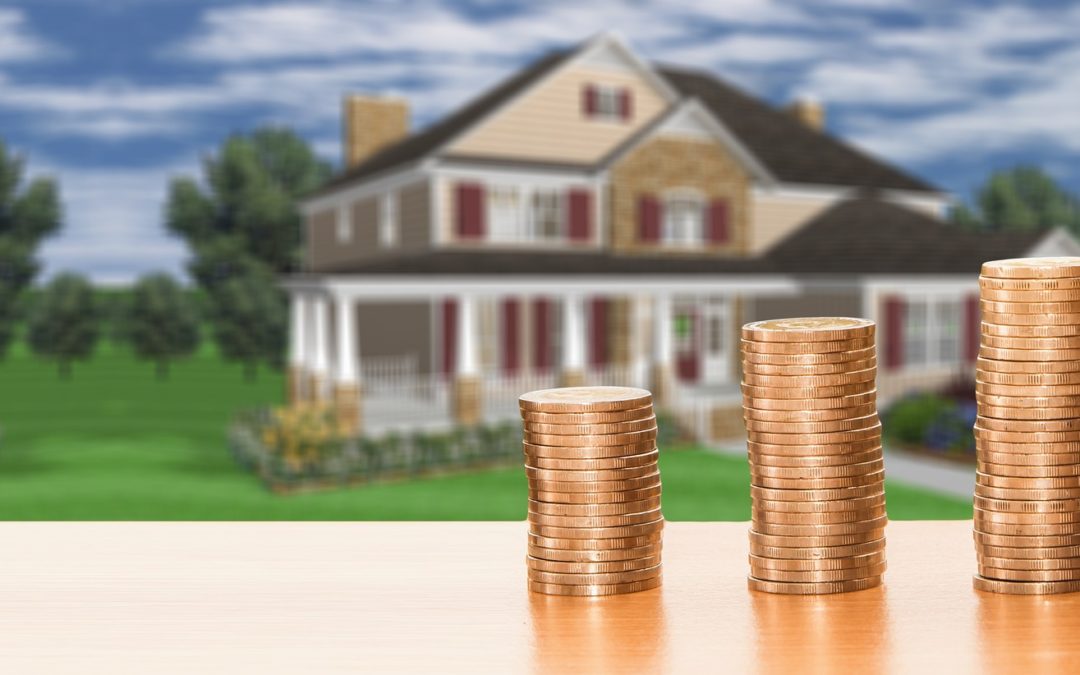Whether you are planning to sell your house, or are going to own your first house, there are a lot of things that you need to consider as a home owner. One of them is paying capital gain tax. For all those who are new home owners, capital gains occur when you are selling your property or perhaps some other asset and you make a profit on the sale. You are required to report this gain on your taxes by law. Hence, it is important that you know how to calculate capital gain, what to include or exclude in it as well as how much tax applies to your specific property.
How to Calculate Capital Gains?
It is important that you calculate your capital gains at the time of sale to determine how much you need to pay in taxes. You need to sum the amount you paid for the property, any additional fees you paid during its sale or purchase as well as the money you have spent on any major improvements to the space. The next step would be to subtract this amount from the selling price to calculate the difference you earned as capital gain. This number would not be positive if you have earned a loss on the sale.
How is capital gain tax different for different properties?
The formula used for determining your capital gain tax might not be the same for all property owners. The rules may be different for different people; nonetheless this tax does not discriminate between the rich and poor, but only people owning different kinds of properties.
-
Primary residence
You will have to pay a lower tax on the sale of your primary residence. If you are able to establish that the space is you primary home, by having owned it for at least two years before the sale and lived in it for a year, or even two years if you had the place for five years, whether or not they are consecutive, you will be able to benefit from a tax exemption of up to 250,000 dollars. However, this exemption can only be availed every two years. However, if you are a married couple you can get a 500,000 dollar exemption. It is also possible to apply for partial exemptions in many cases.
-
Second Home
If you own a second home, you will have to pay a standard 15 percent capital gains tax. Unfortunately, you are not able to benefit from any exemptions in this case.
-
Vacation Homes
If you own a beautiful vacation home near the beach and are planning to sell it soon, you must be aware of the fact that you would need to pay either 15 percent or 20 percent capital gains tax, depending on the tax bracket you lie in. The only exemption you can avail is by offsetting your capital gain from the sale of your vacation home with some capital loss that you have incurred, for instance due to the sale of a stock.
-
Rental Property
If you own a rental property, you would have to pay a 15 percent capital gains tax. However, additional fees may have to be paid by richer people. Moreover, you may also have to pay a tax on the depreciation you claimed every year, at the point of sale. The only way to find an exemption is if you exchange your rental property with another rental property of a similar value.
Therefore, learn all about capital gain tax and the best way to get an exemption before you sell your house.


Recent Comments